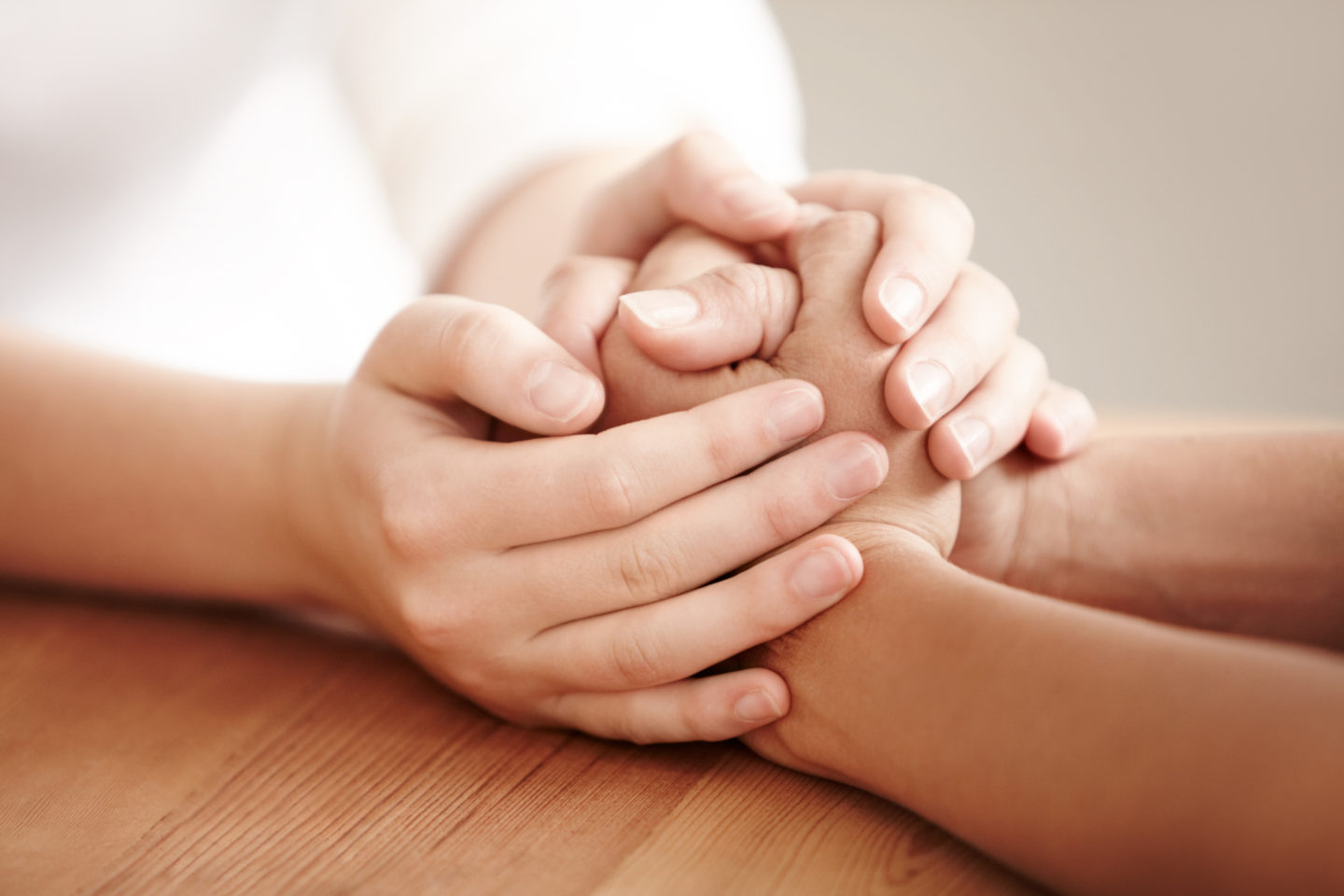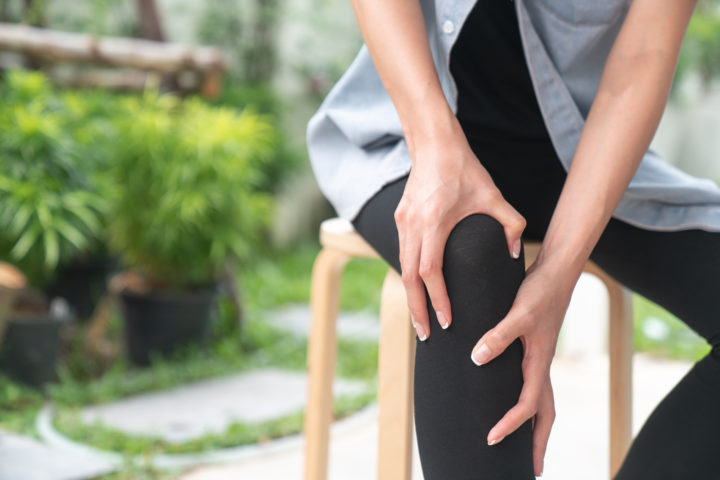Did you know there are 321,500 victims of sexual assault annually in the U.S.? I’m one of them.
We were kissing. And I liked him. I liked the kissing and I wanted it to keep going, which felt like new territory to me. It shouldn’t of course; anyone you’re kissing, you should maybe at least like them a little bit. I’ve felt that before, liking someone—even loving someone—and wanting it to go farther, to transcend that like or love into something physical, something sexual. I’ve felt it before—I know I have; I remember. But those experiences became distant memories, ghosts of how I used to experience love and sex before. Before is important because I can’t go back to Before; I only live in the After. One experience changed all the others; one experience made it hard to move forward and commit to sex wholeheartedly. One experience made it so difficult to connect my mind, my body, and my heart.
But here I was, in his bed, with his face against mine, ready to do just that: connect my mind, body, and heart. I was ready to try doing just that.
And then I spoke.
Historically, sexual assault has been treated as shameful. Statistically, one in five women will be raped. According to the National Sexual Violence Resource Center, rape is the most under-reported crime, with 63% of assaults going unreported. Surveyed victims offer a multitude of reasons as to why they elect not to report, including fear of retaliation from the perpetrator, a belief police wouldn’t help, a desire to hide the rape from family, friends, or others, fear there wasn’t enough proof of assault, feeling that the crime wasn’t “serious enough,” and not wanting the perpetrator to get in trouble. Another common reason rape goes unreported is that alcohol or drugs were involved and because the encounter was drug-facilitated, the victim inherently accepts fault, adapting the attitude that if she was sober, this could have been prevented. All of these “reasons” share at least one common thread: they’re rooted in shame.
When I was sexually assaulted, I didn’t call it anything for a long time. I would go for walks and try to remember. My face would get hot and I would feel the hot iron of anxiety press across my chest. When I thought of that night, something was wrong. I couldn’t say what, but my body had an extremely visceral reaction and that was important, telling, and not without reason. My body knew something traumatic had happened to it; something my mind couldn’t compute.
I didn’t tell anyone. I didn’t even tell myself. It took over a year for me to bring it up in therapy and it was there that the word “rape” was used for the first time. I slowly brought it up with a few trusted friends. And then I found myself in a situation with a guy who I thought I could love and I knew something had to change.
So I spoke.
“Before anything happens between us, I need to tell you something.” That’s what I made myself say before I kissed him anymore. I made myself say it so I couldn’t chicken out and opt to say nothing. He waited while I worked up the courage I was sure I didn’t have. And then eventually, I took enough inhales and exhales to prove to myself I was still alive and breathing and I would be after I said it out loud, too. And I told him.
“Baby, baby, baby,” he said. The mood changed; it wasn’t about sex anymore. It was about holding me, processing what he’d just been told, and making sure I was alright. He kissed me on my forehead and it was more intimate than any of the other kisses shared in that bed. I could love this man, I thought.
I can’t go back to Before; I’ll never be able to. But this new man—this man who treated me as both his equal and his queen, who rocked me side to side and was gentle, kind, and patient with me—eased me and calmed me in my After. It’s not just a reflection of him; it speaks volumes to how ready I was to heal and be open to new love (and everything that came with it). It was me who was brave, me who spoke, and it was me who showed him how I wanted to be loved and helped and supported.
Here we were, in his bed, with his face against mine, ready to try to connect our minds, bodies, and hearts. And it felt okay. I felt okay and safe and loved, and that’s a beautiful After.




comments